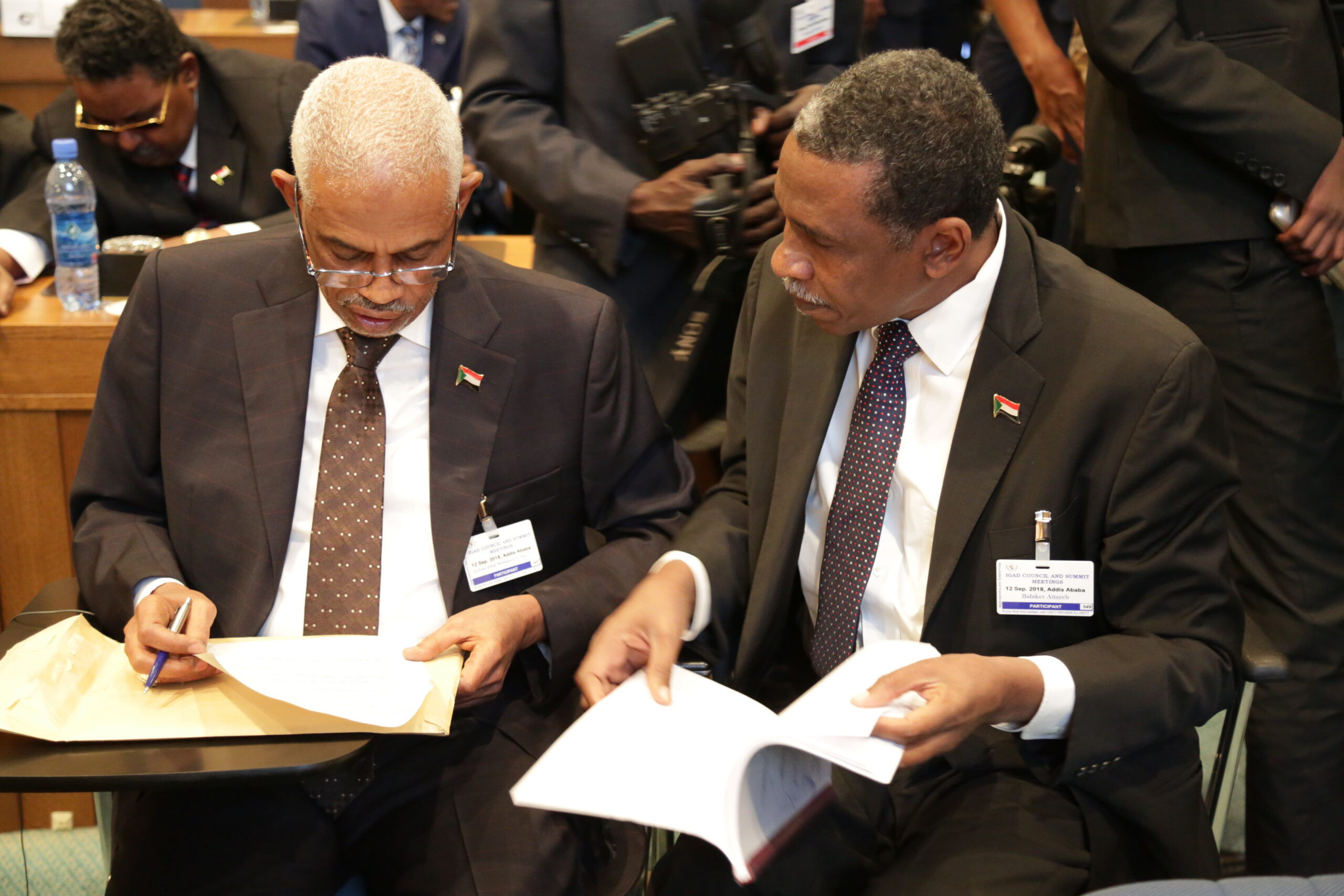Photo credit: UNMISS via flickr
Context:
Recent studies have shown that “complex” peace agreements with long lists of provisions are more likely to lead to a return of violence within five years. This research is important to the ongoing Korean peace process: focus should be placed on peace agreements built on trust with clear, actionable provisions.
In the News:
“The Foreign Minister cited ‘significant goodwill measures’ in the past year, such as stopping nuclear and missiles tests, dismantling the nuclear test site, and pledging not to proliferate nuclear weapons and nuclear technology. ‘However, we do not see any corresponding response from the US,’ he said. ‘Instead of addressing our concern for the absence of peace regime in the Korean peninsula, the US insists on the ‘denuclearization-first’ and increases the level of pressure by sanctions to achieve their purpose in a coercive manner,’ he stated, adding that it even objected to the ‘declaration of the end of war…The key to consolidating peace and security in the Korean Peninsula is to thoroughly implement the DPRK-US Joint Statement adopted in June at the historic summit in Singapore,’ he said, explaining that it contains principle issues, such as seeing a ‘complete denuclearization of the Korean peninsula and humanitarian work between the two countries.'”
Insight from Peace Science:
Peace agreements with a greater number of provisions (more complex) are more likely to result in the agreement ending and the return to violence within five years. Also, outstanding issues left unresolved in an agreement do not necessarily result in the peace agreement’s failure.
The authors suggest that these findings reinforce the notion that conflict transformation should be embraced as a process, and that these processes take time for trust to build within and between actors. Agreements with fewer provisions allow actors “the time necessary to convince their constituents to support resolution efforts and avoid being viewed as having sold out”, by either abandoning their cause or failing to address issues important to their base.
References:
- “Trust With US Must Be Built Before Korean Peninsula Can Be Reunited, DPRK Insists At UN”. UN News. Sept. 29, 2018.
- Peace Science Digest Vol. 3, Issue 5 (forthcoming). Original research from Lounsbery, M. O., & DeRouen Jr, K. (2018). The Roles of Design and Third Parties on Civil War Peace Agreement Outcomes. Peace & Change, 43(2), 139-177.

